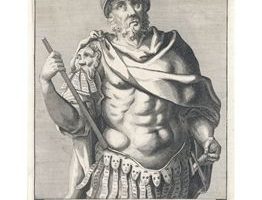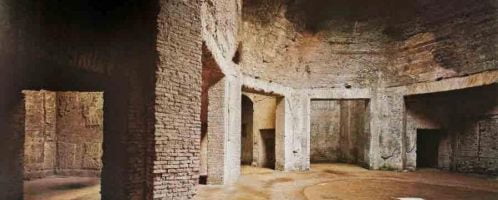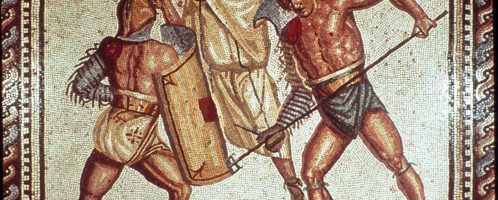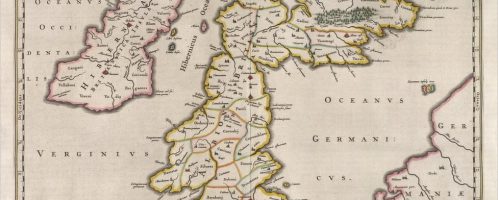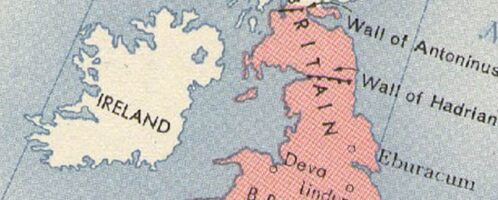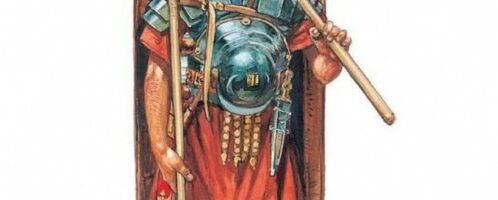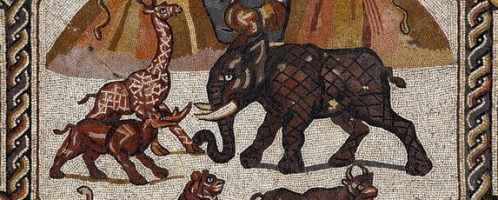The last Roman
“The Last Roman” is a colloquial term used in historical journalism to describe a character who is considered the last representative of ancient culture and ancient Roman virtues in the face of the end of the age and progressive barbarization. The term comes from the work of Cremutius Cordius, a Roman historian who, being the advocate of the republican system, called “the last Romans” (ultimus Romanorum) of Mark Brutus and Cassius – the killers of Julius Caesar.

